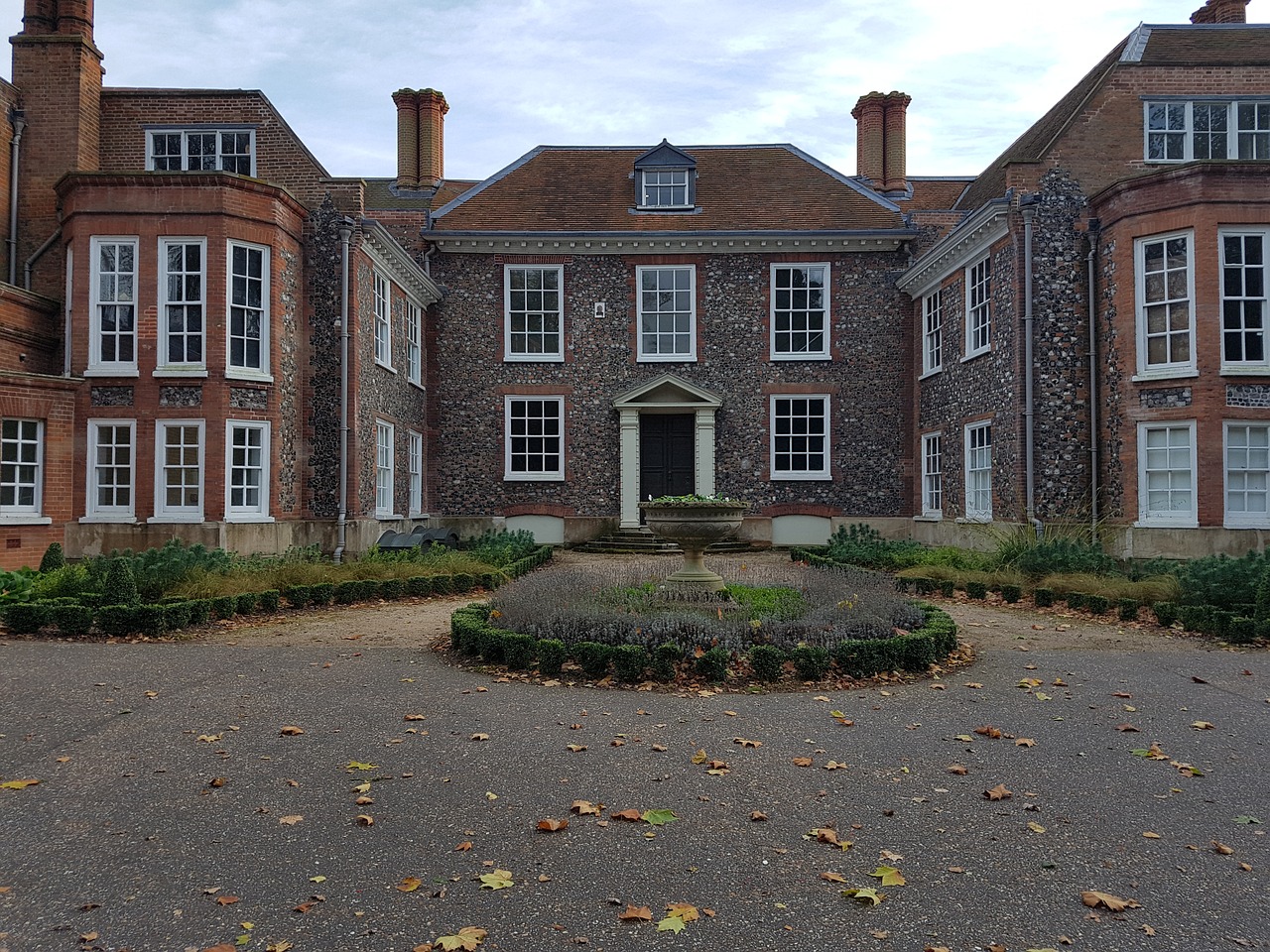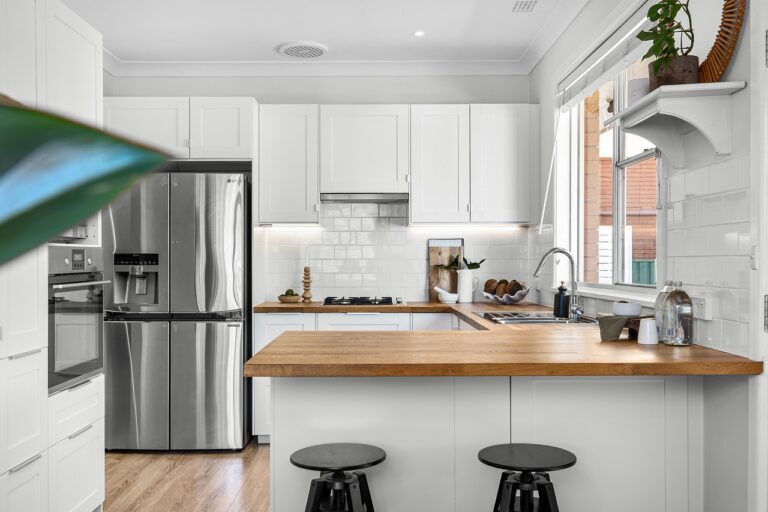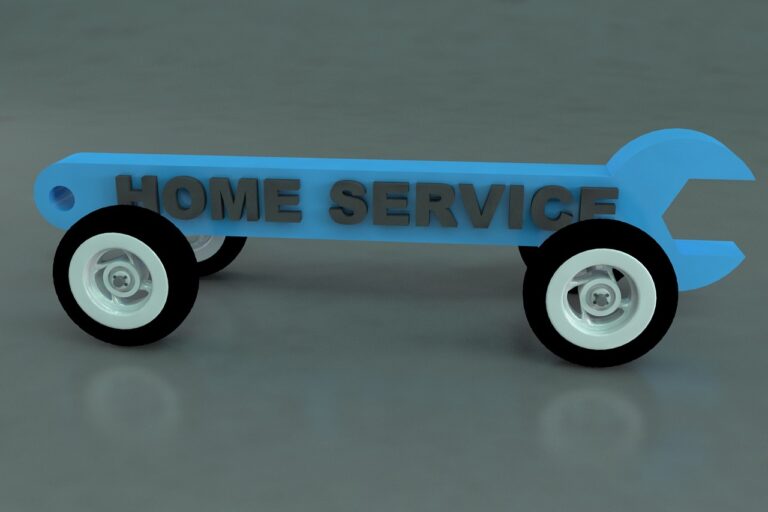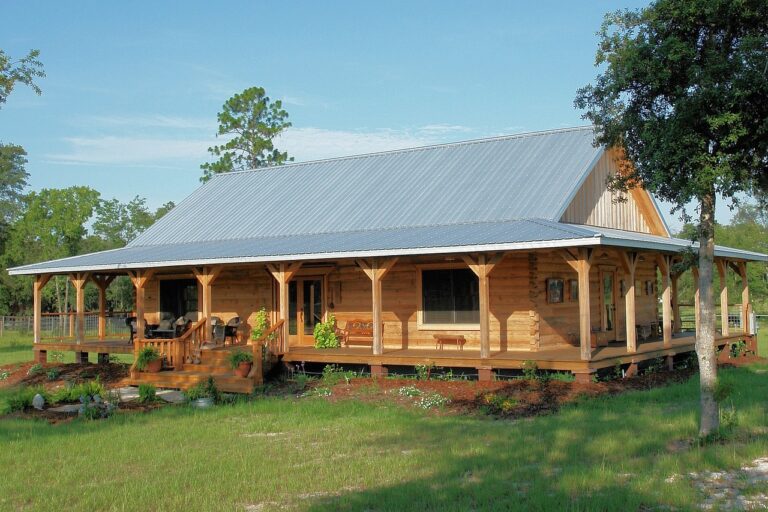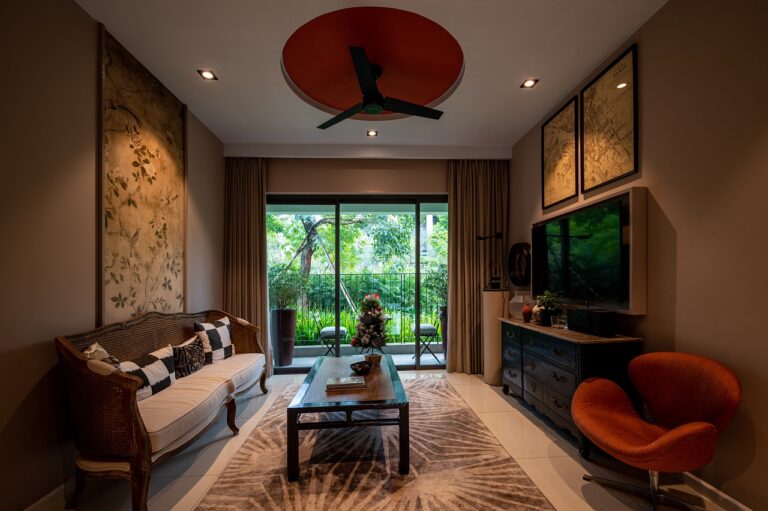The Role of Ventilation in Home Comfort for Seniors: 11xplaypro, The tiger 247 login, Betbook login
11xplaypro, the tiger 247 login, betbook login: As we age, our bodies become more sensitive to temperature changes and require special care to ensure our comfort and well-being. One crucial factor in maintaining a comfortable home environment for seniors is proper ventilation. Ventilation plays a significant role in regulating indoor air quality, temperature, and humidity levels, all of which contribute to the overall comfort of seniors in their homes.
Why is ventilation important for seniors?
1. Improved air quality: Proper ventilation helps to remove indoor pollutants, such as dust, allergens, and chemicals, that can exacerbate respiratory issues for seniors. Good air quality is essential for maintaining healthy lungs and reducing the risk of respiratory infections.
2. Temperature regulation: Ventilation helps to circulate air throughout the home, keeping it cool in the summer and warm in the winter. Seniors are more susceptible to extreme temperatures and may struggle to regulate their body temperature, making a well-ventilated home essential for their comfort.
3. Humidity control: High humidity levels can contribute to mold growth and exacerbate respiratory issues, while low humidity levels can cause dry skin and respiratory irritation. Proper ventilation helps to maintain optimal humidity levels in the home, creating a more comfortable environment for seniors.
How can seniors improve ventilation in their homes?
1. Open windows: Opening windows allows fresh air to circulate throughout the home, improving indoor air quality and reducing humidity levels. Seniors should aim to open windows regularly, especially in the morning and evening when outdoor air quality is typically better.
2. Use exhaust fans: Exhaust fans in kitchens and bathrooms help to remove excess moisture and odors from the air, improving ventilation and preventing mold growth. Seniors should ensure that exhaust fans are working correctly and use them regularly to maintain good indoor air quality.
3. Invest in air purifiers: Air purifiers can help to remove airborne pollutants, allergens, and odors from the air, improving indoor air quality for seniors with respiratory issues. Seniors should consider investing in a high-quality air purifier to maintain a clean and healthy home environment.
4. Maintain HVAC systems: Regular maintenance of heating, ventilation, and air conditioning (HVAC) systems is essential for ensuring proper ventilation in the home. Seniors should schedule annual HVAC inspections and filter changes to keep their systems running efficiently.
5. Consider a whole-house ventilation system: For seniors living in larger homes or experiencing poor indoor air quality, a whole-house ventilation system may be necessary. These systems provide continuous fresh air circulation throughout the home, improving indoor air quality and overall comfort.
FAQs
Q: How often should seniors change their HVAC filters?
A: Seniors should aim to change their HVAC filters every 1-3 months, depending on the level of use and their indoor air quality.
Q: Can poor ventilation affect senior’s health?
A: Yes, poor ventilation can contribute to respiratory issues, allergies, and other health problems for seniors. Good ventilation is essential for maintaining a healthy home environment.
Q: Are there any affordable ways to improve ventilation in a home?
A: Yes, seniors can improve ventilation in their homes by opening windows, using exhaust fans, and investing in air purifiers, all of which are relatively affordable solutions.

